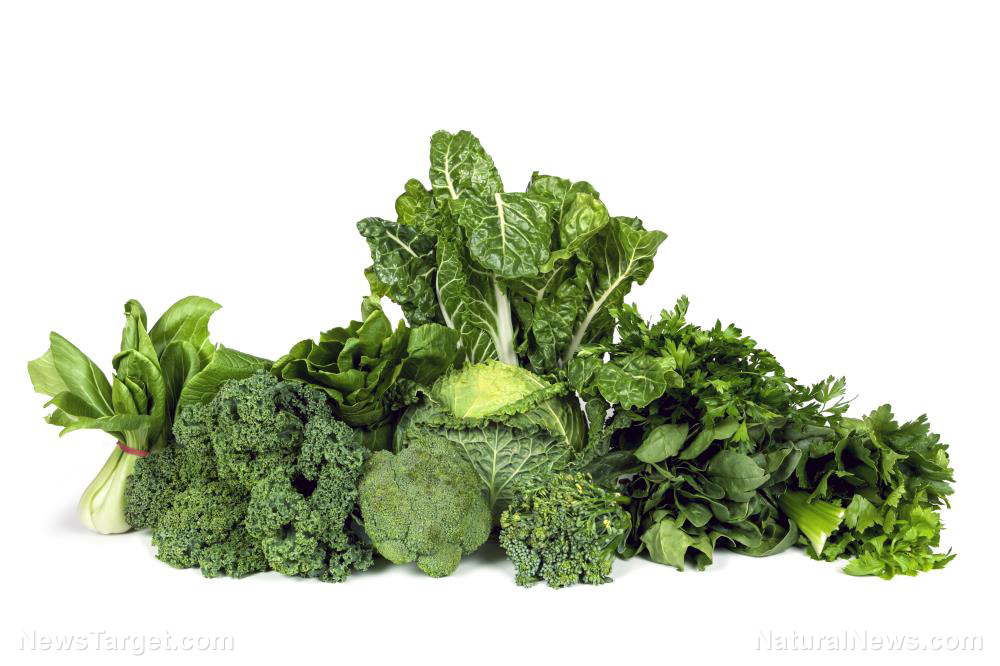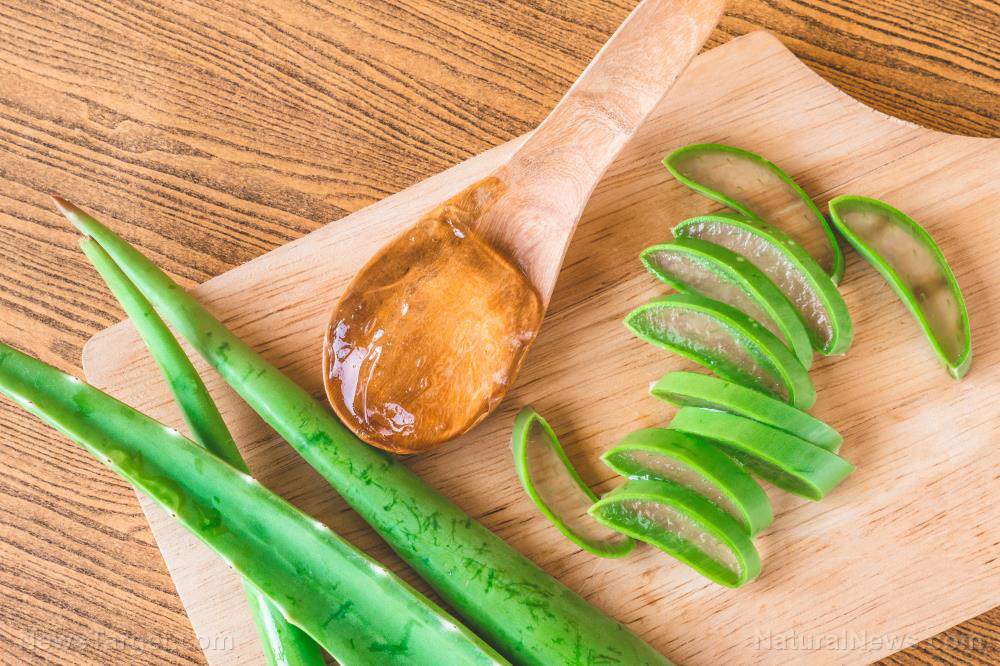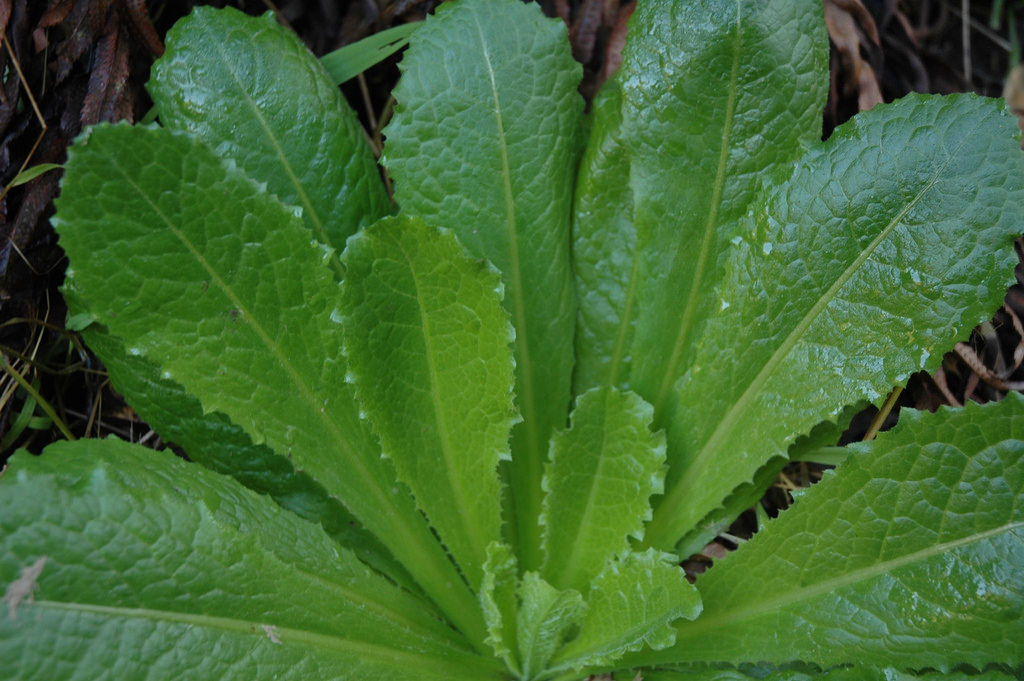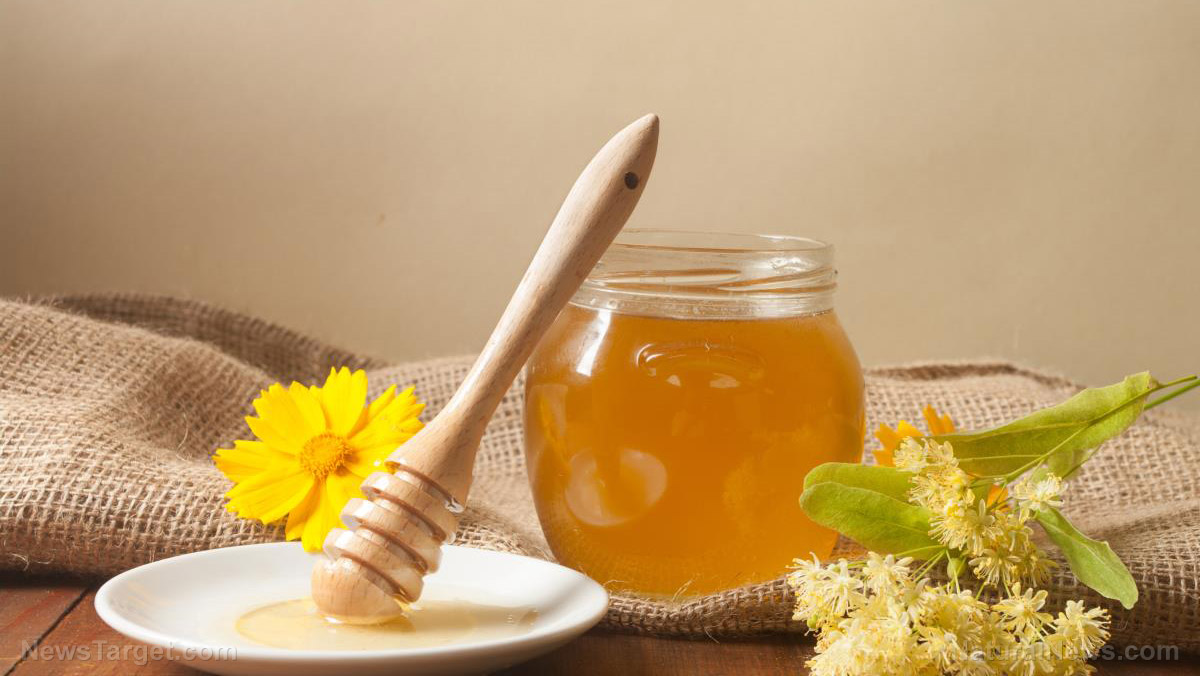What are the best clove substitutes?
04/02/2019 / By Zoey Sky
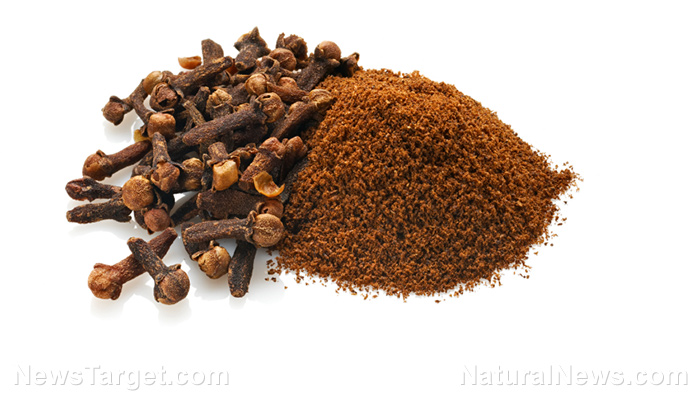
Cloves are a versatile and nutritious spice. Used to make savory dishes like soups and stews, cloves can also help address conditions like cancer, diabetes, or obesity. But what other spices can you use if you don’t have access to cloves?
What are cloves?
Cloves are the aromatic flower buds of the clove tree (Syzygium aromaticum) that belongs to the Myrtaceae (myrtle) family. This spice has an intense aroma, which is often described as pungent, strong, and sweet. Cloves taste astringent and bitter, while others describe the flavor as “hot.” A distinctive warmth is also associated with cloves.
When looking for substitutes for cloves, the spices listed below are good choices because they have similar flavors and offer similar health benefits.
Allspice
Allspice is the dried, unripe fruit of the Pimenta dioica tree. Allspice is a suitable substitute for cloves, partly because both spices belong to the Myrtaceae family. It is called “allspice” because the spice is believed to have the combined smell and flavor of cinnamon, cloves, and nutmeg.
Allspice berries are dried in the sun then ground to release their characteristic smell. When following recipes, use the same amount of allspice as cloves.
Allspice can be used to treat bloating, cramping, diarrhea, excessive flatulence, nausea, and vomiting.
Cardamom
Citrusy and spicy, cardamom is not as sweet as cloves. However, combining cardamom with cinnamon can produce a similar flavor profile as cloves. Use less cardamom when a recipe calls for cloves since the former is spicier than the latter.
Cardamom can strengthen your immunity, and it is good for individuals with respiratory problems and digestive issues like heartburn and irritable bowel syndrome.
Cardamom can also benefit people with high blood pressure. In a recent study, researchers observed 20 adults with high blood pressure. The participants were given three grams of cardamom powder daily. After 12 weeks, the blood pressure levels of the volunteers had significantly decreased to the normal range.
Cinnamon
If you don’t have either allspice or cardamom, use cinnamon as a substitute for ground cloves. Cinnamon isn’t as sweet and it’s spicier than cloves, but you can combine it with vanilla to achieve a good flavor comparable to cloves.
Studies suggest that cinnamon can help improve heart health. The spice can also help prevent cognitive decline and diabetes. Cinnamon can lower your risk of cancer and it can fight against viruses and infections.
Use cinnamon to freshen bad breath, prevent and treat candida, and improve skin health. (Related: The health benefits of cinnamon and how to use this amazing spice.)
Mace
Mace is a spice made from the red coating of the nutmeg seed. After mace is dried and ground, the final product is a spice that is used to make curries, meat dishes, and stews. Since mace is derived from nutmeg, the former has a similar sweet and savory taste.
Overcooking mace can make it taste bitter, so add it to a dish as it nears the end of the cooking process. Mace is used to relieve digestive problems such as constipation, diarrhea, gas, and stomach pain.
Nutmeg
Nutmeg is another suitable clove substitute. This spice is made by grinding the seed of the nutmeg tree (Myristica fragrans) into powder. Nutmeg has an aroma and flavor similar to both cinnamon and cloves.
When following recipes, use the same amount of nutmeg as cloves. Nutmeg is less potent and intense than cloves.
Nutmeg is used to ease pain, and it can help improve your digestion. The spice can also boost cognitive function, immunity, and oral health. Nutmeg is used to treat insomnia and it can help lower your blood pressure.
Star anise
Star anise (Illicium verum) has eugenol, a powerful chemical found in other spices such as cinnamon and cloves. Star anise is similar to standard anise seed, but the former is slightly more bitter and has a licorice flavor.
Star anise has antioxidant, antibacterial, and antifungal properties. The spice can also help strengthen your immunity, improve digestion, and address sleep problems.
If you need a substitute for cloves, try spices with similar aromas, flavors, and health benefits like allspice, cardamom, cinnamon, mace, nutmeg, or star anise.
Sources include:
Tagged Under: allspice, cardamon, cinnamon, Cloves, cooking, food cures, food is medicine, Herbs, ingredients, Mace, natural cures, natural medicine, nutmeg, remedies, Spices, star anise

